Fred Kirschenmann has been an agent-of-change in agriculture for five decades. His work at the Leopold Center at Iowa State University has introduced resilient farming practices to diverse stakeholders, and advanced the adoption of regenerative land management through building an awareness for soil health in the US breadbasket.
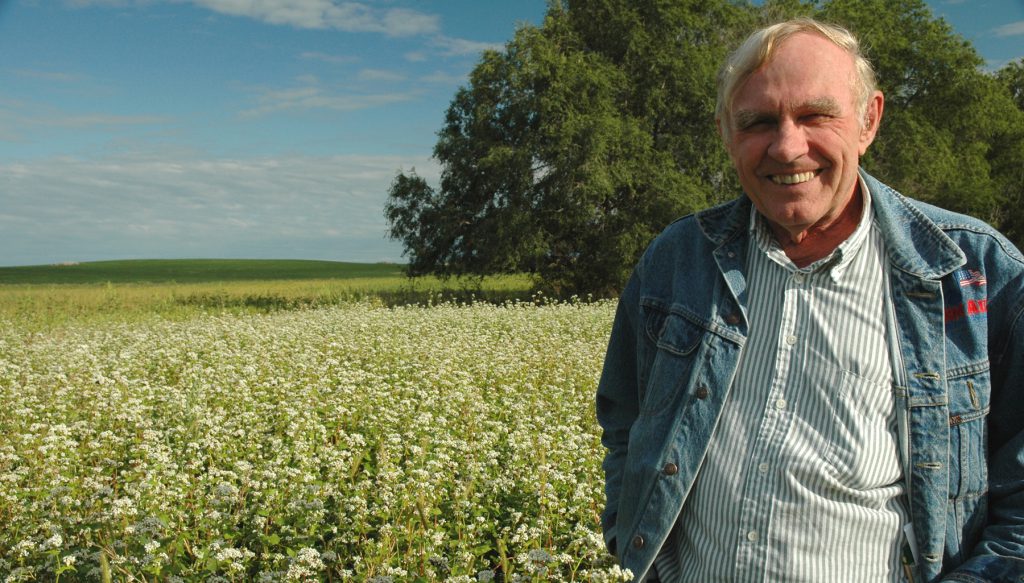
.
LAND USE ADAPTATION – Scaling Regenerative w/ Soil health
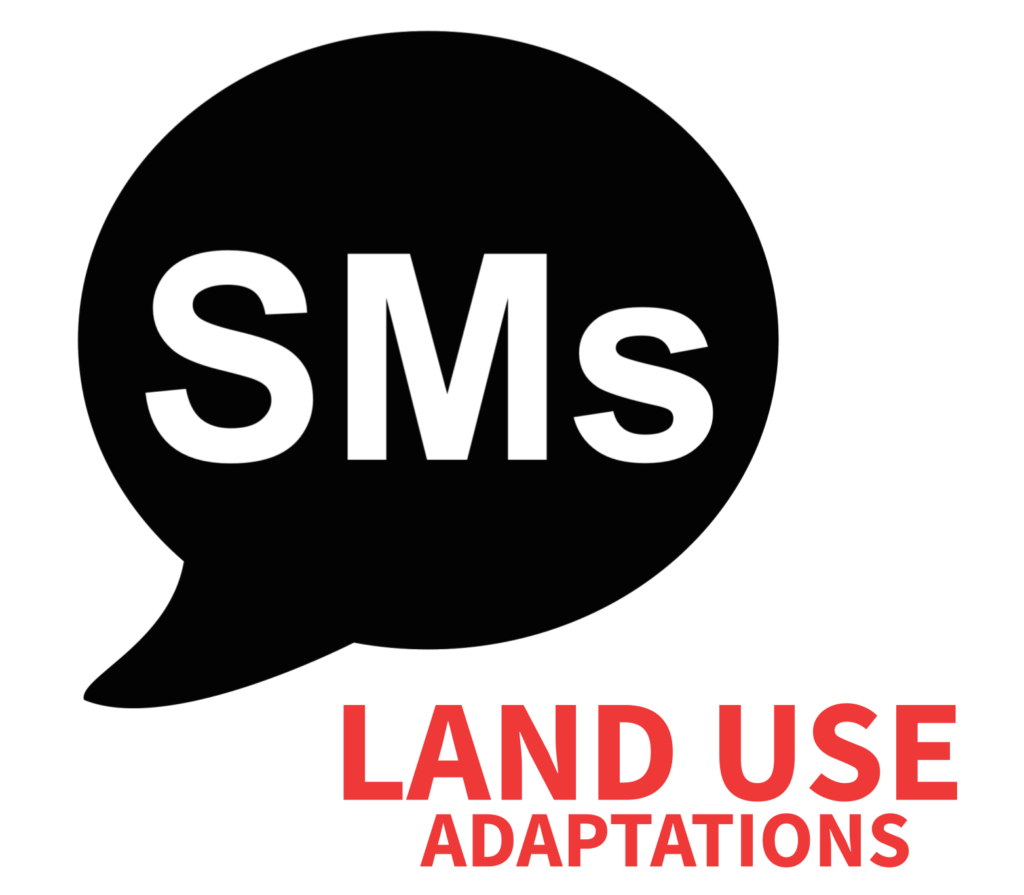
–
episode 102: Fred Kirschenmann || Regenerative Soil Health in Food Production
As President of the board at Stone Barns Center for Food and Agriculture in Tarrytown, NY, Fred has worked with leaders from cuisine, food systems and production agriculture to establish a globally recognized epicenter of research and enrichment for food. As a whole, Fred’s collective efforts to reconnect us with nature through food and its production elevates him to an iconic stature in a time of ecological enlightenment. Tune in to hear what this true-action-hero icon has to say about the movement in 2022 and beyond.
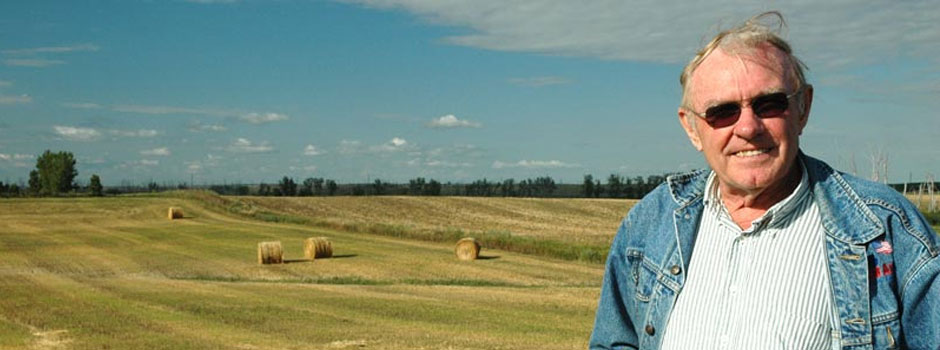
.
A statesman for a just and stable tomorrow. Every-time I sit down with Fred I learn something new. He’s a philosopher and master craftsman of storytelling that has inspired many of us in the movement to take next steps in our own journeys. Despite holding multiple jobs, overseeing hundreds acres of farmland, and shouldering the weight of the world well into his 80s, Fred remains current on advancements and bleeding-edge research. Leveraging an impressive compendium of readings and on-going discussions with other iconic thought-leaders – Fred is a wealth of knowledge who continues to mold and sway new mindsets. This type of inspiration from action heroes like Fred serves up quality nourishment for the movement, and fuels deeper engagement.
.

When I first stewed over the startup idea to coax food values through the supply chain, Fred coached me to think systematically and to adapt my focus to incorporate different stakeholders in the equation. He challenged me to include soil health, regenerative land management practice and regional food systems into a single frame that would focus on the betterment for all parties involved. A decade later, we have a long way to go to reach betterment, but after sitting down and chatting with Fred in this latest end-of-2021 chapter, it’s clear that the revolution has begun. IMO – what Fred has helped kindle over the last half century will reach a fever pitch within this next generation. I’ve seen first hand the inertia and passion of this generation to come. It’s real and it’s going to happen. Considering all of that, I’ve come to appreciate that how we produce our food and manage the living soil will ultimately determine the stability of the planet.
“Folks don’t follow new ideas alone. It’s the leaders of these ideas that motivates others to act; it’s people that drive movements.”
.
One thing is for sure, to stabilize this planet under threat we need to be do a better job listening to more of our iconic leaders – like Fred. Folks who’ve lived-it; folks with real chops in delivering “betterment” to more. For a more just and prosperous tomorrow, we need to listen to folks that know about instituting nature-based solutions. The folks worth their salt; the ones with unique wisdom worthy of leading they movement are the action heroes who bring real solutions to the table.
.
An infomercial for Regenerative Agriculture & Soil Health, after hearing from an icon of food system and ecological change – be inspired to take the next step in your journey.
.
.
Key Take Aways…
EPISODE RECAP:
- LAND USE: regenerative agriculture is proper on-farm natural resource management
- HUMAN HEALTH: soil health harmonizes with gut health: microflora not too much different than soil
- CIRCULAR ECONOMY: investing in soil health results in positive human & public health, planetary stability
- LABOR: the future farming workforce wants to grow food for each other, and not commodities
WHAT GOOD SOIL OFFERS:
Soil is the lifeblood of every successful civilization. The positive results and impact of good soil health from regenerative land management practices include:
- Perpetual food production
- Carbon Banking & Planetary Stability
- No chemical and synthetic runoffs
- Cleaner / health living environment for all stakeholders
- Enhances nature and biodiversity
- Sweet water Storage and clarity
GABE BROWN’S 5 PRINCIPLES OF REGENERATIVE:
To get us there we need a new operating model to land management. Especially when it comes to the way we produce our food, we need a new operating model to land management. Here are the pillars to support change our relationship with nature and each other.
- No disturbance (no-till, no-synthetics)
- Bolstering Soil’s Natural Defense (the outer-layer protecting all that life)
- Bio-diversity (marrying nature’s way keeps the system healthy)
- A living root in the ground as long as possible (cover-crops & seasonal diversity)
- Animal & Insect integration (nature relies on the entire system working together)
..
Sometimes you get lucky in life and come across truly inspirational people. Pioneers of a new way of thinking that within their lifetime will impact the world.
I’ve come to realize that the factor that makes these individuals similar and yet so unique is that they’ve been through-it. That despite what they encounter in their journey they demonstrate a dogged perseverance in their efforts of change.
“A gem cannot be polished without friction, nor an individual perfected without trials.”
Overcoming the pain, the failures, and the self-doubt gained in reaching key waypoints of change is what gives them capacity and the right to don a moniker of being an influencer worth their salt. After all the hits, every-time they get-up to keep driving change forward.
.
 When this kind of elbow grease bumps up against something that’s bigger than yourself; when influencers don’t become too salty in their pursuit of a mission to improve the human condition or that of the living planet; when these leaders instigate a movement – that’s when we see the icons arise. True Action Heroes that break-down parochial mindsets and evolve behaviors for the betterment of tomorrow actually exist. don’t breathe some kind of rarified air. Despite being hard to find, these icons of environmental and social change live amongst us – in our times. Influencers that we should follow, and real action heroes to be idolized. The Icon series profiles these unique folks who inspire and influence change of mindset and behavior to re-chart more journeys ahead.
When this kind of elbow grease bumps up against something that’s bigger than yourself; when influencers don’t become too salty in their pursuit of a mission to improve the human condition or that of the living planet; when these leaders instigate a movement – that’s when we see the icons arise. True Action Heroes that break-down parochial mindsets and evolve behaviors for the betterment of tomorrow actually exist. don’t breathe some kind of rarified air. Despite being hard to find, these icons of environmental and social change live amongst us – in our times. Influencers that we should follow, and real action heroes to be idolized. The Icon series profiles these unique folks who inspire and influence change of mindset and behavior to re-chart more journeys ahead.
,.
photo credit: Connie Fualk & Iowa Informer
.
LAND USE ADAPTATION – content series
Food produced using innovative REGENERATIVE ADAPTATIONS (like the solutions discussed in this miniseries) will instigate a whole new way of thinking. Eating good food shapes our relationship with nature for the better, and sustains the stomachs of those who influence mindsets well beyond agriculture fields. Demand for this food produced using elevated standards has already skyrocketed. In this series we connect with those in the US leading a paradigm shift towards smarter LAND USE with good food production.
.
for related discussions CLICK >>
.
.
.
.
.


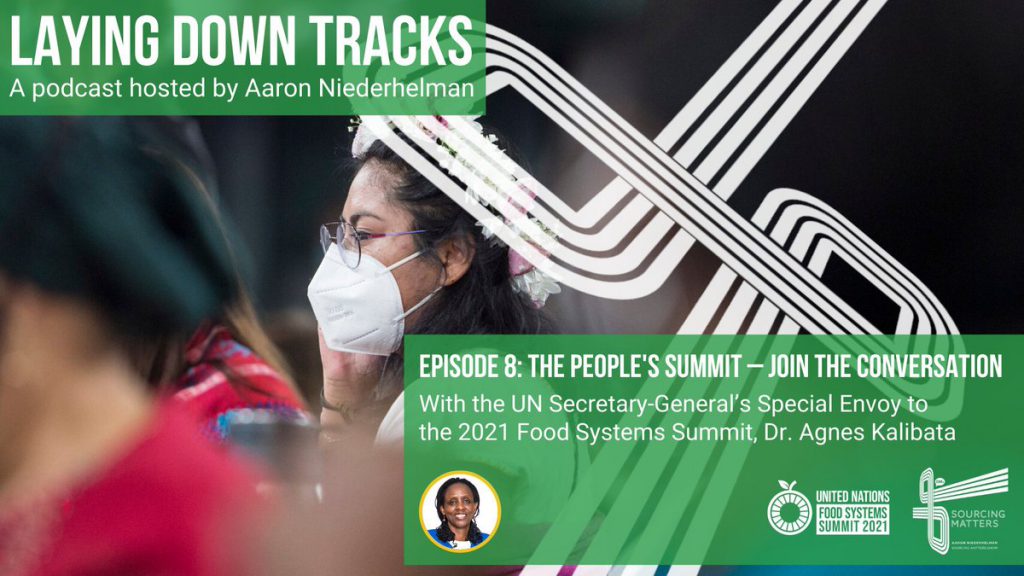
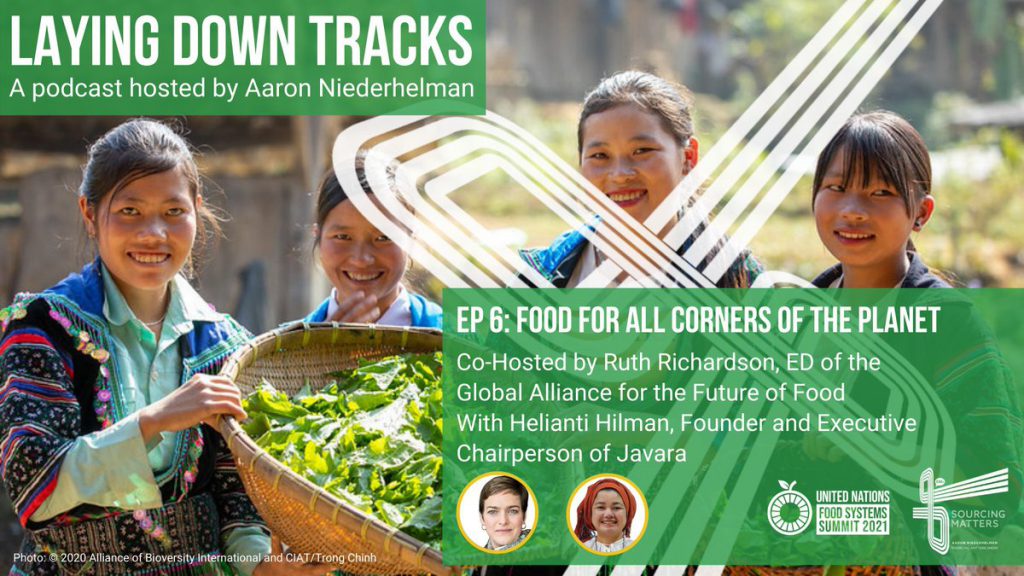
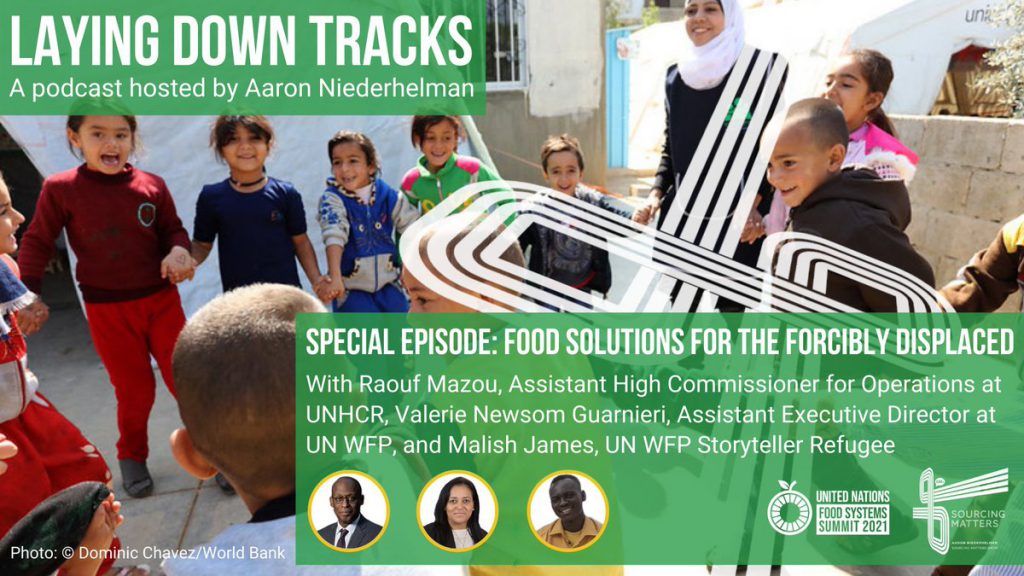
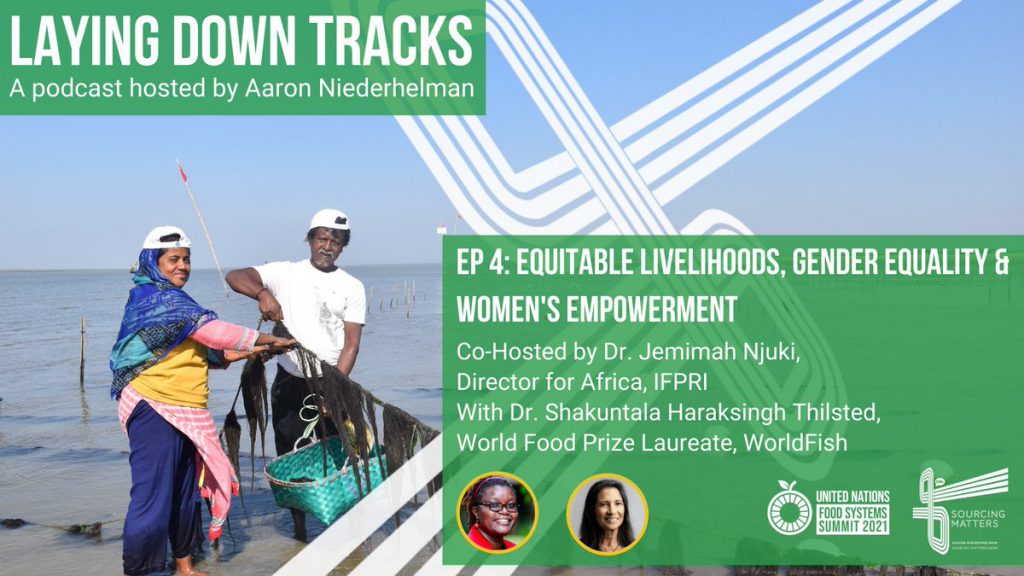
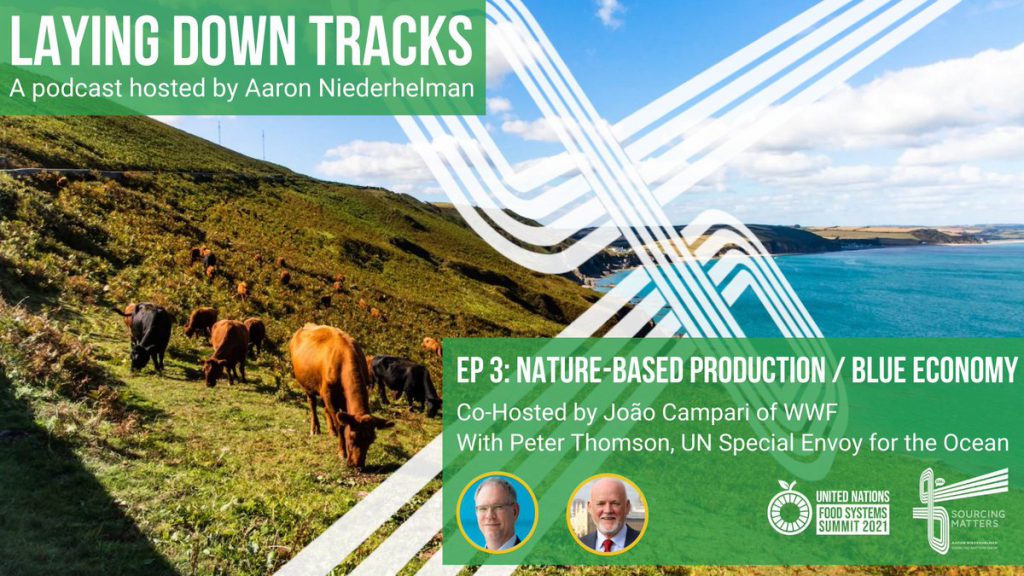
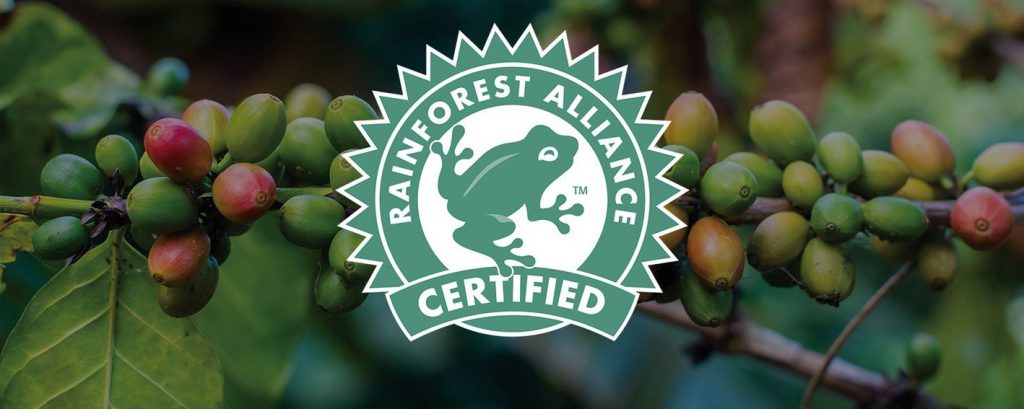
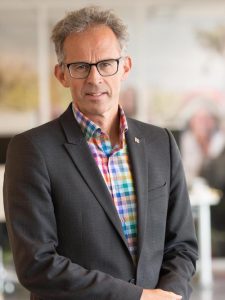 Han has dedicated his career to sustainable development. After studying economics at the University of Wageningen, he worked for more than 12 years at Oxfam Novib, eventually leading the organization’s work in Eastern and Southern Africa. In 1998 Han joined the Dutch government. From 2005 to 2010, he held various positions at the Ministry of Agriculture, Nature and Food Quality, including Deputy Director for Nature. Joining as co-host in episode 94 is Mike Bellamente. Mike invested many years helming Gary Hirshberg’s environmental accountability organization. As former Executive Director at Climate Counts Mike gained traction and the attention of huge brands, and over 20K high-impact followers. Bellamente lead this third-party certifier of Green/Sustainable corporate practice into the mainstream – via the wallets and ideology of consumers who care. Mike now uses his developing company ‘Naked Bullfrog’ to empower more consumer engagement throughout their local & regional communities.
Han has dedicated his career to sustainable development. After studying economics at the University of Wageningen, he worked for more than 12 years at Oxfam Novib, eventually leading the organization’s work in Eastern and Southern Africa. In 1998 Han joined the Dutch government. From 2005 to 2010, he held various positions at the Ministry of Agriculture, Nature and Food Quality, including Deputy Director for Nature. Joining as co-host in episode 94 is Mike Bellamente. Mike invested many years helming Gary Hirshberg’s environmental accountability organization. As former Executive Director at Climate Counts Mike gained traction and the attention of huge brands, and over 20K high-impact followers. Bellamente lead this third-party certifier of Green/Sustainable corporate practice into the mainstream – via the wallets and ideology of consumers who care. Mike now uses his developing company ‘Naked Bullfrog’ to empower more consumer engagement throughout their local & regional communities.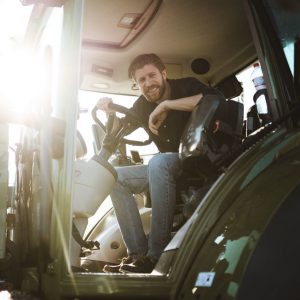 Through regenerative food production and forestry management; through hunting excursions and land stewardship initiatives; through a royal bed & breakfast and restaurant – Bösel offers patrons a unique experience dedicated to capturing and sharing the vitality found in nature’s systems. Since Benedikt has taken the reins of this 7500 acre estate located 1 hour east of Berlin – it’s become an Agtech innovation hot-bed, and an epicenter for testing / implementing Regenerative Natural Resource Management at scale.
Through regenerative food production and forestry management; through hunting excursions and land stewardship initiatives; through a royal bed & breakfast and restaurant – Bösel offers patrons a unique experience dedicated to capturing and sharing the vitality found in nature’s systems. Since Benedikt has taken the reins of this 7500 acre estate located 1 hour east of Berlin – it’s become an Agtech innovation hot-bed, and an epicenter for testing / implementing Regenerative Natural Resource Management at scale.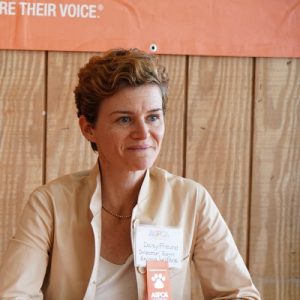 As you’ll hear, Daisy is on a mission to harmonize the interests of consumers, advocates and business through her programs. In our 40 minute conversation we learn more about how these new consumer facing platforms can be used in your day-to-day. We discover what drove the ASPCA to include farm animals in their focus – along with companion animals. We hear about Daisy’s background and influences which has lead her to tackle these big problems facing our society today. We also learn how we can take these concerns mainstream – and with what partners. And, we hear how this effort to drive change through empowerment may just be our best path forward in finding shared solutions for diverse stakeholders in food.
As you’ll hear, Daisy is on a mission to harmonize the interests of consumers, advocates and business through her programs. In our 40 minute conversation we learn more about how these new consumer facing platforms can be used in your day-to-day. We discover what drove the ASPCA to include farm animals in their focus – along with companion animals. We hear about Daisy’s background and influences which has lead her to tackle these big problems facing our society today. We also learn how we can take these concerns mainstream – and with what partners. And, we hear how this effort to drive change through empowerment may just be our best path forward in finding shared solutions for diverse stakeholders in food.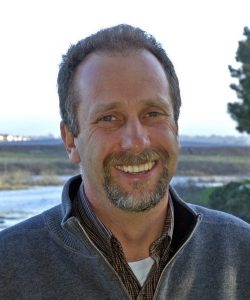 Most recently, Murphy has become an advocate for the farmers he spent three decades working arm in arm. Since stepping down at Driscoll’s – Kevin has decided to take on the issue of undocumented workers in agriculture head on. In a recent opinion piece in the Wall Street Journal, Murphy explained that American farmers desperately need immigration reform. The editorial teased the readers with a subtitle – “will migrant workers produce our food here or somewhere else?” What’s great about it – in this WSJ piece Murphy doesn’t lament over the problems. Instead, he lays out a three step plan to reform immigration in this country beginning from our ground zero – the fields that produce what sustains us and our families everyday.
Most recently, Murphy has become an advocate for the farmers he spent three decades working arm in arm. Since stepping down at Driscoll’s – Kevin has decided to take on the issue of undocumented workers in agriculture head on. In a recent opinion piece in the Wall Street Journal, Murphy explained that American farmers desperately need immigration reform. The editorial teased the readers with a subtitle – “will migrant workers produce our food here or somewhere else?” What’s great about it – in this WSJ piece Murphy doesn’t lament over the problems. Instead, he lays out a three step plan to reform immigration in this country beginning from our ground zero – the fields that produce what sustains us and our families everyday.